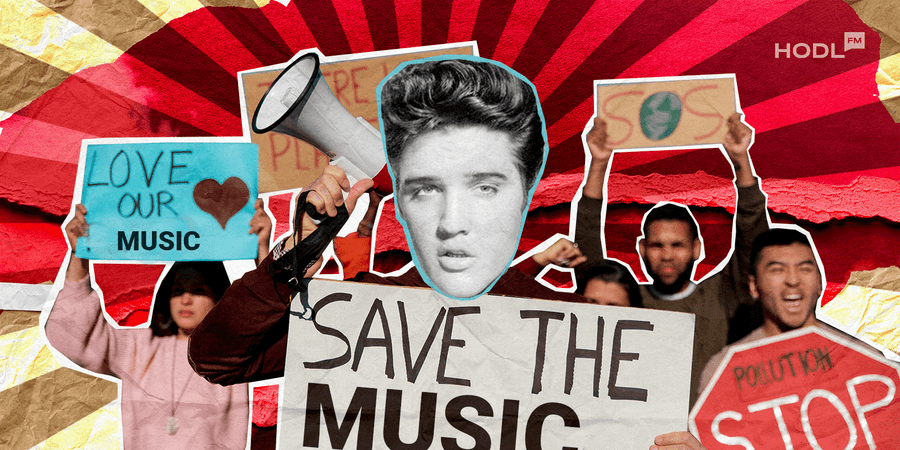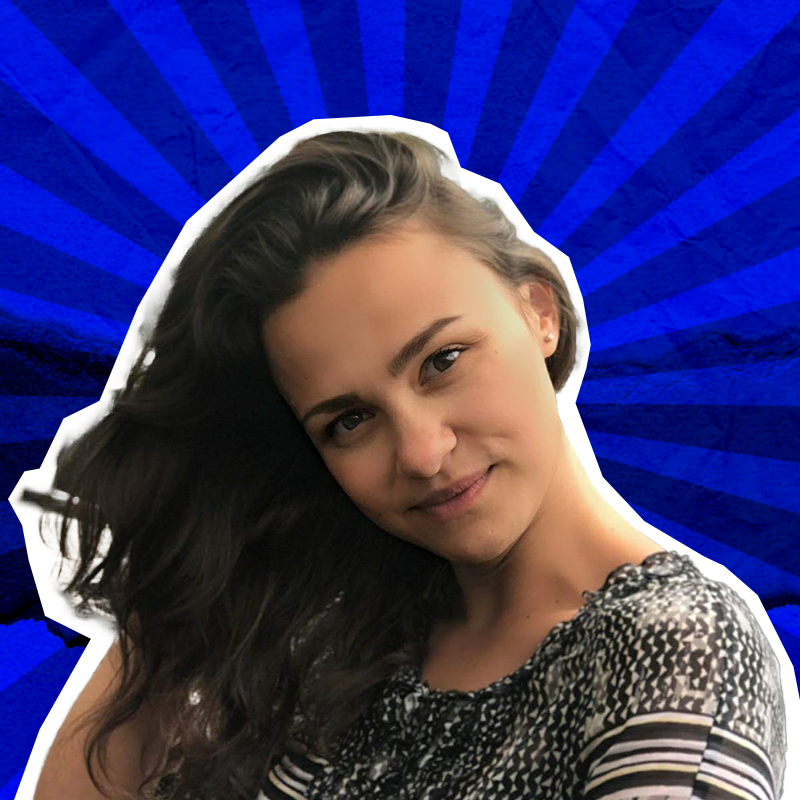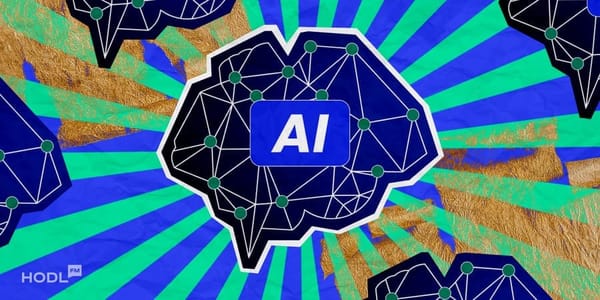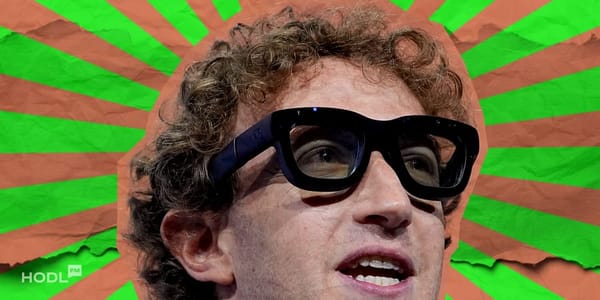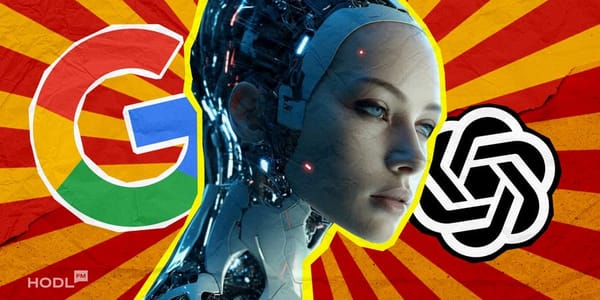A district court in Munich has ruled that OpenAI’s ChatGPT violated German authors’ rights laws by reproducing lyrics from several well-known German songs without proper authorization. The verdict, issued on November 11, 2025, marks the first time a European court has found that a large language model infringed copyright by memorizing protected creative works. The decision could have major implications for how artificial intelligence companies handle copyrighted material in Europe.
The dispute over song lyrics
The case was filed in November 2024 by Gesellschaft für musikalische Aufführungs- und mechanische Vervielfältigungsrechte (GEMA), Germany’s leading music rights organization. The lawsuit alleged that ChatGPT’s language models reproduced and distributed lyrics from nine songs written by German artists, including Herbert Grönemeyer’s “Männer (Men)” and Kristina Bach’s “Atemlos (Breathless).”
GEMA argued that OpenAI had used copyrighted material as part of its training datasets without obtaining licenses or paying required fees. Judge Elke Schwager of the Munich District Court I found in favor of GEMA, ruling that OpenAI must compensate rights holders for the unauthorized use. However, the court did not disclose an exact damages figure.
Court findings and reasoning
Judge Schwager said she was “astonished” that OpenAI had ignored what she described as a “clear legal situation.” The court determined that both the memorization of lyrics in the model’s parameters and the subsequent reproduction of those lyrics through user prompts represented a violation of German authors’ rights.
“Given the complexity and length of the song text, coincidence can be ruled out as the cause of the reproduction of the song lyrics,” the court wrote in its press release, quoted by Deutsche Welle. The ruling also clarified that the infringement was not covered by text and data mining exemptions under German and EU copyright law.
Judge Schwager underscored that authors’ rights are a form of intellectual property deserving protection, emphasizing that any entity using copyrighted material must obtain permission or pay royalties. The ruling confirmed that the language model’s capacity to output nearly identical lyrics demonstrated active retention of copyrighted works, not merely pattern-based learning.
GEMA hails a “groundbreaking” decision
Following the verdict, GEMA’s lawyer Kai Welp told journalists the organization was extremely pleased with the outcome.
“The goal is not to remove anything from the market, but rather to receive appropriate compensation,” he said.
GEMA hailed the judgment as a turning point for Europe. Its statement cited by multiple outlets, including NHK and Reuters, read:
“For the first time in Europe, the use of copyrighted works by generative AI systems has been legally assessed and decided in favor of the creators.”
GEMA CEO Tobias Holzmueller added in comments reported by Reuters that the case showed creative works were not free for unrestricted AI training:
“The internet is not a self-service store, and human creative achievements are not free templates.”
OpenAI response and possible appeal
OpenAI strongly disagreed with the verdict. “We do not agree with the verdict and are examining further steps,” the company said in a statement shared with Deutsche Welle. A spokesperson also told,
“The decision is for a limited set of lyrics and does not impact the millions of people, businesses and developers in Germany that use our technology every day.”
OpenAI maintained that its models do not store or copy specific training material but rather learn general language patterns. The company argued that any responses generated by ChatGPT are the result of real-time prompts, and therefore user activity, not direct reproduction by OpenAI.
However, the Munich court rejected this argument, ruling that full reproductions retained by the model fall outside permissible text-mining exceptions. As reported, the written judgment stated:
“Training the models is not to be regarded as a usual and expected form of use that the rights holder must anticipate.”
Implications for AI and copyright in Europe
Legal experts say the outcome could set a European precedent, defining how generative AI systems must handle copyrighted material. The court's reasoning implies that embedding lyrics within a model, whether intentionally or incidentally during training, constitutes an act of reproduction under Germany’s Copyright Act and the EU InfoSoc Directive.
GEMA, which previously clashed with platforms such as YouTube and TikTok over royalties, is likely to pursue licensing discussions with AI firms in the wake of the ruling. The decision can still be appealed, and OpenAI has indicated plans to seek clarification at the European level.
Regardless of the appeal’s outcome, the ruling underscores the growing legal pressure on AI developers to ensure transparency in training-data practices and to establish fair compensation models for creators.
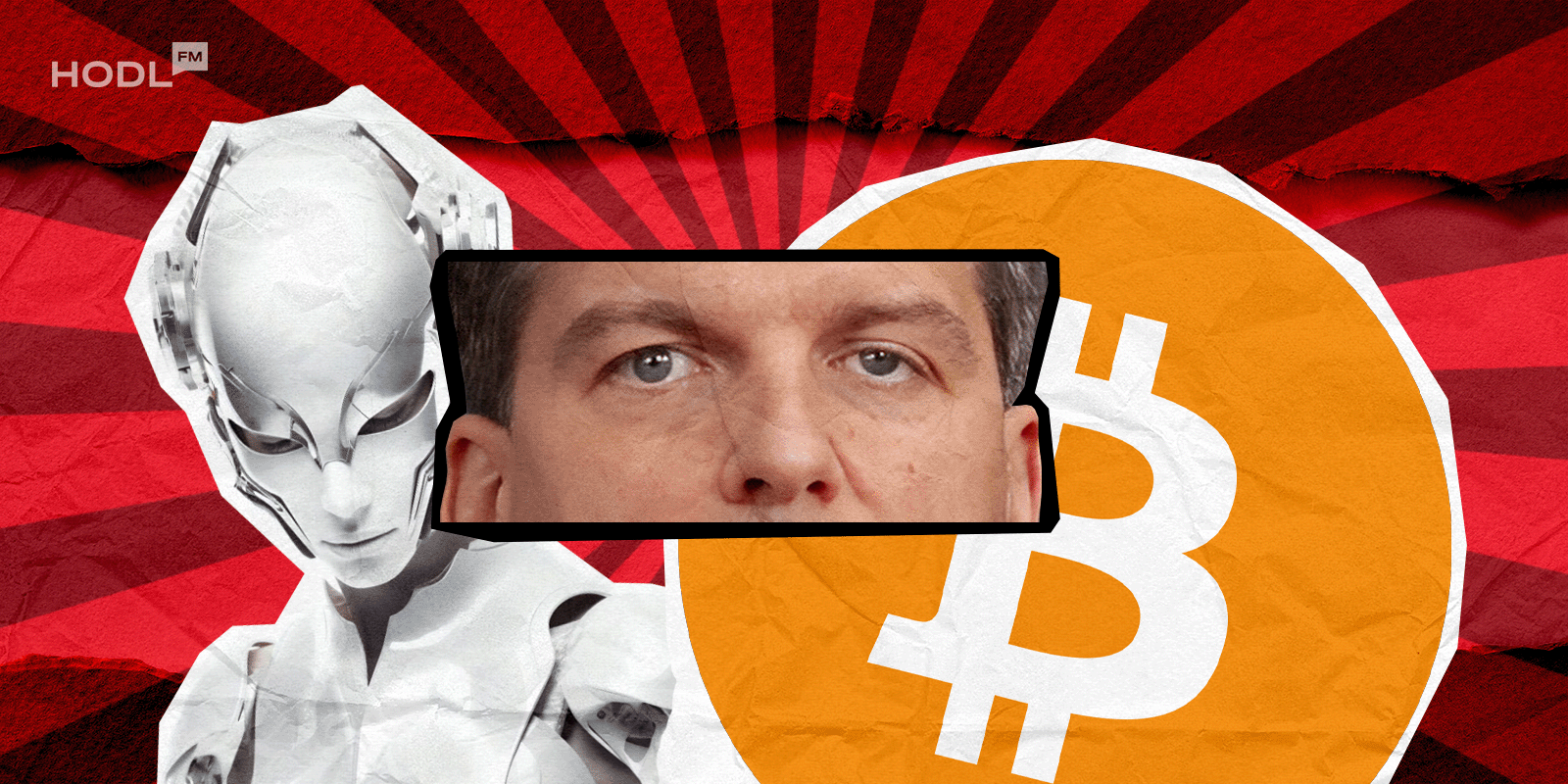
Disclaimer: All materials on this site are for informational purposes only. None of the material should be interpreted as investment advice. Please note that despite the nature of much of the material created and hosted on this website, HODL FM is not a financial reference resource, and the opinions of authors and other contributors are their own and should not be taken as financial advice. If you require advice. HODL FM strongly recommends contacting a qualified industry professional.
